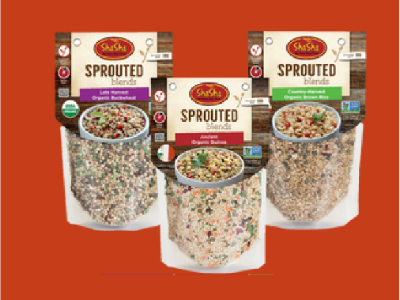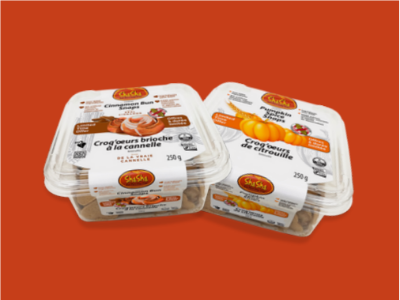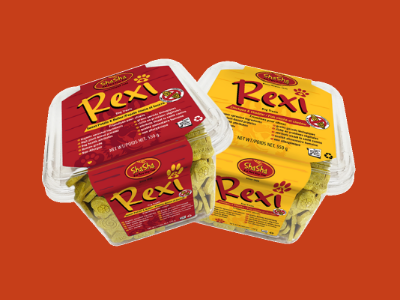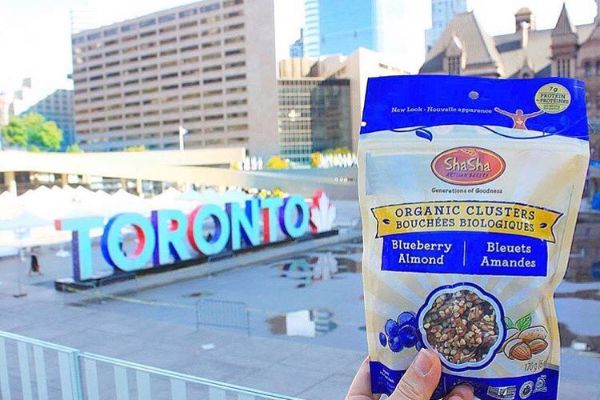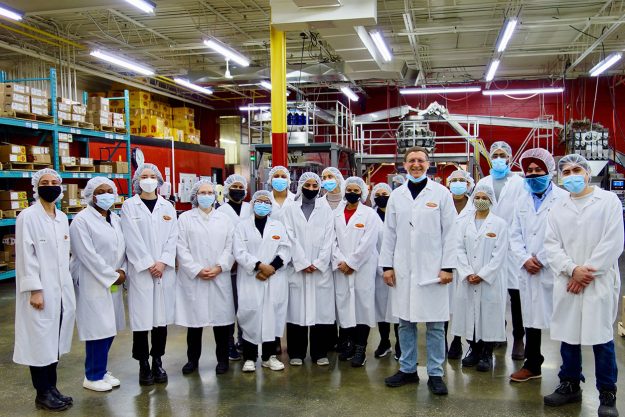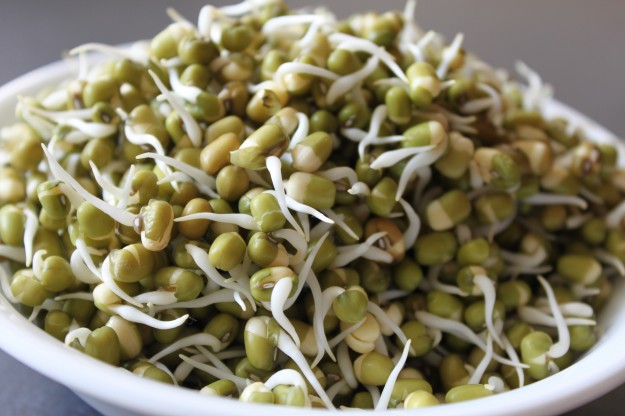Why Fermentation and Bacteria are Actually Good for Us

Lactic acid fermentation is a food production and preservation method which has been around for thousands of years. Fermented foods like breads, sour grain porridges, wine, cheese and kvass sustained people through harsh winters and crop failures. Today, lactic acid bacteria help us to process our food and are intrinsically linked to our overall health and wellbeing.
What is lactic acid?
Lactic acid bacteria form an integral part of our gut bacteria. You will find lactic acid in a wealth of products from sourdough baked goods, to cheese, yogurt, soy sauce, meat products and pickled vegetables. Lactic acid can be utilized to extend the shelf life of food, as a pH regulator and as a flavor enhancer.
Lactic acid is produced by special kinds of bacteria capable of digesting the lactose in milk. People who are lacking in this kind of bacteria will have problems properly digesting milk and other dairy products. The bacteria that is capable of producing lactic acid comes from the lactococcus and lactobacillus families and some of the leuconostoc and streptococcus families as well.
When these bacteria are present, they covert sugars into energy that your body can use and excrete lactic acid. The lactic acid lowers the pH and this makes the product an unsuitable environment for other kinds of bacteria which means that your favorite foods last longer.
While lactic acid is found in some dairy products and pickled vegetables, you can also find this helpful bacteria in breads baked using a traditional, artisanal sourdough method of baking. Sourdough baking is still practiced, but the vast majority of breads are baked utilizing the Chorleywood method which allows a bread to be produced in only 45 minutes.
Modern food processing and baking methods may help to speed production and feed a growing population, but since their introduction into our daily diets, auto-immune, lactose intolerance, inflammation, IBS and gluten-intolerance have grown at alarming rates. One reason is because the chemicals, additives, preservatives and processes used disrupt our natural gut bacteria. Eating foods which have been fermented naturally can help to restore our gut bacteria populations.
Health Benefits of Lactic Acid Bacteria
Lactic acid bacteria are essential building blocks for overall health and wellbeing. The Department of Community Health at Tufts University School of Medicine in Boston reviewed a number of studies done on the health benefits of lactic acid bacteria: “There are numerous studies showing fermentation of food with lactobacilli increase the quantity, availability, digestibility, and assimilability of nutrients. There have been a number of studies showing that various fermented dairy products lower serum cholesterol levels in humans and animals,” the study found.
Studies show that Lactic acid bacteria inhibits the growth of tumors and eases digestive issues including salmonellosis, shigellosis and diarrhea.
Lactic acid bacteria also improve the functioning of you immune system at both the intestinal and systemic levels. They do so by boosting B-lymphocytes or B cells, which recognize and destroy foreign invaders. They also make for healthy white blood cells which help to fight disease.
While more research is needed, early findings suggest that lactic acid bacteria can play a role in reducing food allergies like lactose and gluten intolerance. They also reduce the risk of colon cancer, reduce cholesterol, constipation and ulcers.

